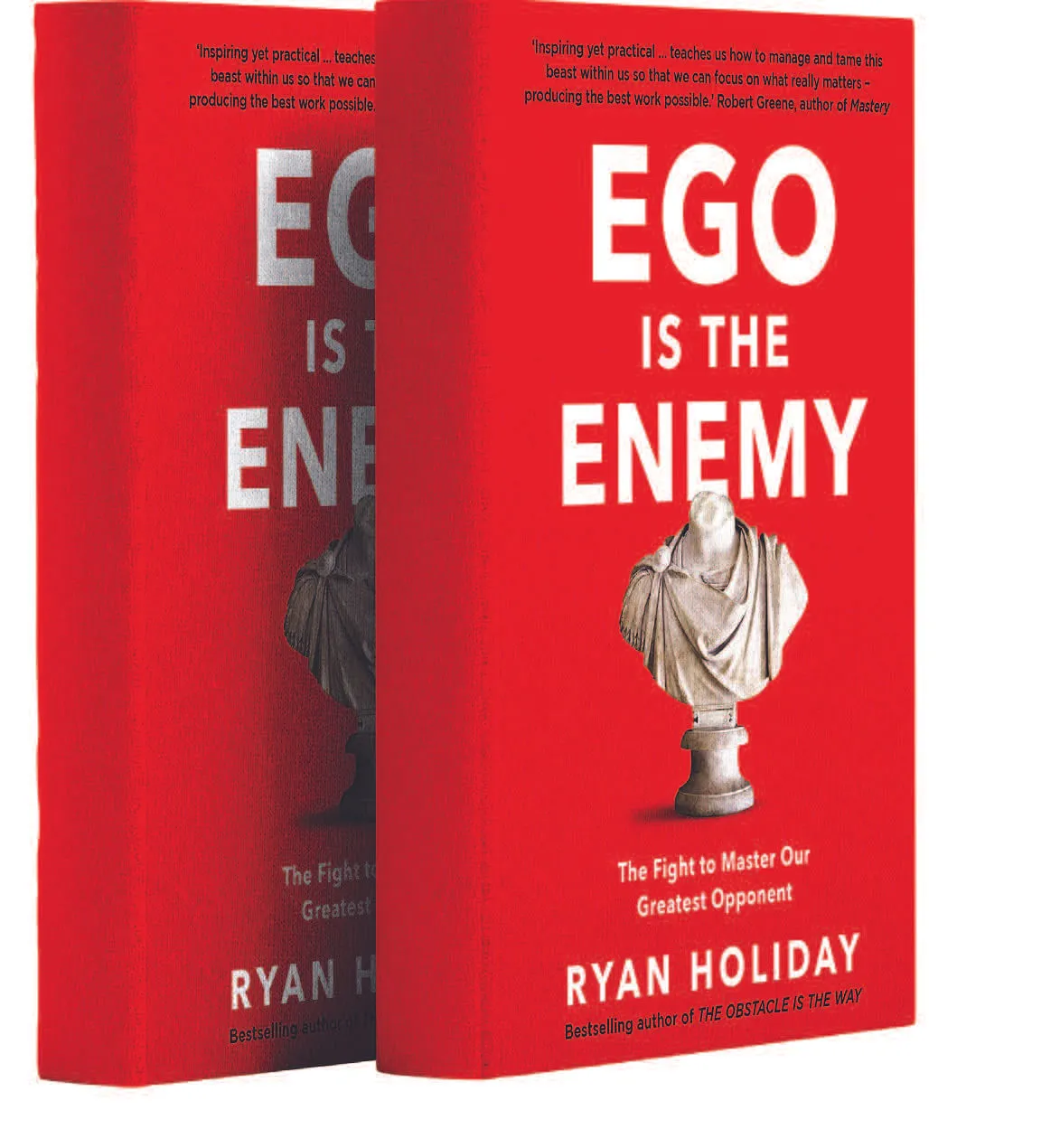The painter Edgar Degas, though best known for his beautiful Impressionist paintings of dancers, toyed briefly with poetry. As a brilliant and creative mind, the potential for great poems was all there—he could see beauty, he could find inspiration.
Yet there are no great Degas poems. There is one famous conversation that might explain why. One day, Degas complained to his friend, the poet Stéphane Mallarmé, about his trouble writing.
“I can’t manage to say what I want, and yet I’m full of ideas.” Mallarmé’s response cuts to the bone. “It’s not with ideas, my dear Degas, that one makes verse. It’s with words.
Or rather, with work.
The distinction between a professional and a dilettante occurs right there—when you accept that having an idea is not enough; that you must work until you are able to recreate your experience effectively in words on the page. As the philosopher and writer Paul Valéry explained in 1938, “A poet’s function . . . is not to experience the poetic state: that is a private affair. His function is to create it in others.” That “is, his job is to produce work.
To be both a craftsman and an artist. To cultivate a product of labor and industry instead of just a product of the mind. It’s here where abstraction meets the road and the real, where we trade thinking and talking for working.
“You can’t build a reputation on what you’re going to do,” was how Henry Ford put it. The sculptor Nina Holton hit the same note in psychologist Mihaly Csikszentmihalyi’s landmark study on creativity. “That germ of an idea,” she told him, “does not make a sculpture which stands up. It just sits there. So the next stage, of course, is the hard work.” The investor and serial entrepreneur Ben Horowitz put it more bluntly: “The hard thing isn’t setting a big, hairy, audacious goal. The hard thing is laying people off when you miss the big goal. . . The hard thing isn’t dreaming big. The hard thing is waking up in the middle of the night in a cold sweat when the dream turns into a nightmare.”
Sure, you get it. You know that all things require work and that work might be quite difficult. But do you really understand? Do you have any idea just how much work there is going to be? Not work until you get your big break, not work until you make a name for yourself, but work, work, work, forever and ever.
Is it ten thousand hours or twenty thousand hours to mastery? The answer is that it doesn’t matter. There is no end zone. To think of a number is to live in a conditional future. We’re simply talking about a lot of hours—that to get where we want to go isn’t about brilliance, but continual effort. While that’s not a terribly sexy idea, it should “be an encouraging one. Because it means it’s all within reach—for all of us, provided we have the constitution and humbleness to be patient and the fortitude to put in the work.
By this point, you probably understand why the ego would bristle at this idea. Within reach?! it complains. That means you’re saying I don’t have it now. Exactly right. You don’t. No one does.
Our ego wants the ideas and the fact that we aspire to do something about them to be enough. Wants the hours we spend planning and attending conferences or chatting with impressed friends to count toward the tally that success seems to require. It wants to be paid well for its time and it wants to do the fun stuff—the stuff that gets attention, credit, or glory.”
That’s the reality. Where we decide to put our energy decides what we’ll ultimately accomplish.
As a young man, Bill Clinton began a collection of note cards upon which he would write names and phone numbers of friends and acquaintances who might be of service when he eventually entered politics. Each night, before he ever had a reason to, he would flip through the box, make phone calls, write letters, or add notations about their interactions. Over the years, this collection grew—to ten thousand cards (before it was eventually digitized). It’s what put him in the Oval Office and continues to return dividends.
Or think of Darwin, working for decades on his theory of evolution, refraining from publishing it because it wasn’t yet perfect. Hardly anyone knew what he was working on. No one said, Hey Charles, it’s okay that you’re taking so long, because what you’re working on is just so important. They didn’t know. He couldn’t have known. He just knew that it wasn’t done yet, that it could be better, and that that was enough to keep him going.
So: Do we sit down, alone, and struggle with our work? Work that may or may not go anywhere, that may be discouraging or painful? Do we love work, making a living to do work, not the other way around? Do we love practice, the way great athletes do? Or do we chase short-term attention and valida“tion—whether that’s indulging in the endless search for ideas or simply the distraction of talk and chatter?
Excerpt From: Ryan Holiday. “Ego Is the Enemy.”







